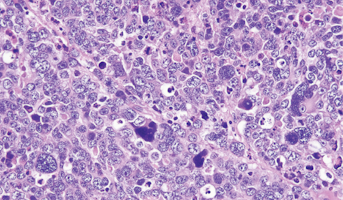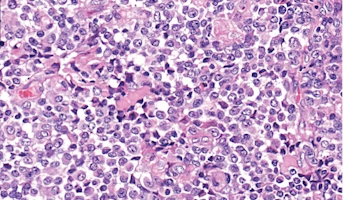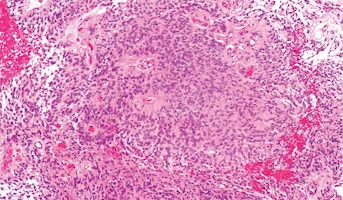Toba Niazi

About
Chief of Pediatric Neurosurgery
Nicklaus Children's Hospital
Toba Niazi, MD is the Chief of Pediatric Neurosurgery, Section Chief and Co-Director of the Brain Institute, Medical Director of the Neuro-Oncology Surgical Services Program, and Pediatric Neurosurgery Fellowship Director at Nicklaus Children’s Hospital. She is also on staff as Affiliate Faculty with the University of Miami/Miller School of Medicine as an Assistant Professor of Clinical Neurological Surgery and Pediatrics and is board-certified with both the American Board of Neurological Surgeons and the American Board of Pediatric Neurological Surgery.
Dr. Niazi obtained her medical degree from the University of Maryland and completed her residency training in neurological surgery at the University of Utah. She then went on to complete a Fellowship in Pediatric Neurological Surgery at the University of Washington/Seattle Children’s Medical Center. During her time in training, she focused on translational research in a transgenic mouse model with medulloblastoma. This work led her to earn the prestigious Kenneth Shulman Award through the American Association of Neurological Surgeons (AANS) and Congress of Neurological Surgeons (CNS).
She joined Nicklaus Children’s Hospital in January of 2013. Her areas of interest include treating children with brain and spinal cord tumors, children with complex congenital or traumatic spinal disorders, neuroendoscopy, craniofacial anomalies, spasticity, and hydrocephalus management.
Some of her goals while at Nicklaus Children’s Hospital include further developing the Neuro-Oncology program, becoming more involved in clinical trials through the Children’s Oncology Group (COG), and working towards building a comprehensive spine clinic. Dr. Niazi was elected to the Editorial Board of the Journal of Neurosurgery: Pediatrics in 2023.

Nicklaus Children's Hospital
research
Interests

Medulloblastoma
Medulloblastomas comprises the vast majority of pediatric embryonal tumors and by definition arise in the posterior fossa, where they constitute approximately 40% of all posterior fossa tumors. Other forms of embryonal tumors each make up 2% or less of all childhood brain tumors.The clinical feature

Atypical Teratoid/Rhabdoid Tumor
Central nervous system (CNS) atypical teratoid/rhabdoid tumor (AT/RT) is a very rare, fast-growing tumor of the brain and spinal cord. It usually occurs in children aged three years and younger, although it can occur in older children and adults. About half of these tumors form in the cerebellum or

Ependymoma
Ependymomas arise from ependymal cells that line the ventricles and passageways in the brain and the center of the spinal cord. Ependymal cells produce cerebrospinal fluid (CSF). These tumors are classified as supratentorial or infratentorial. In children, most ependymomas are infratentorial tumors